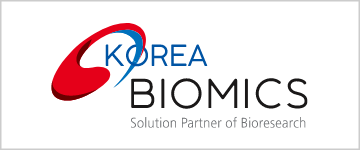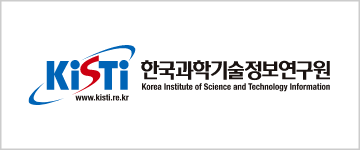2025 Fall
International Convention of PSK
2025 CONVENTION
Abstracts
iPSC-derived human liver and lung organoids as advanced models for drug screening in metabolic dysfunction-associated steatohepatitis (MASH) and idiopathic pulmonary fibrosis (IPF)
- Yedam Yoo1, Jiseon Kim1, Jihye Choi1, Seung-Woo Cho*1,2, Yoonhee Jin1,3
- 1Cellartgen Inc., Korea
- 2Department of Biotechnology, Yonsei University, Korea
- 3Department of Physiology, Yonsei University College of Medicine, Korea
Metabolic dysfunction-associated steatohepatitis (MASH) and idiopathic pulmonary fibrosis (IPF) are progressive fibrotic diseases lacking effective therapies. Conventional 2D models such as HepG2 and A549 cells fail to capture the multicellular complexity of these diseases, limiting predictive power in drug discovery. We developed iPSC-derived human liver and lung organoids using ECM hydrogel (Matrigel® or Regenix) with diverse cell composition and 3D architecture to establish more physiologically relevant models. In MASH, liver organoids faithfully reproduced metabolic dysfunction and fibrosis, showing superior responses to diverse therapeutic mechanisms, including PPAR and GLP-1 receptor agonists, compared to HepG2. In IPF, lung organoids recapitulated epithelial–mesenchymal transition (EMT), inflammation, and senescence. Compared with A549, they exhibited more accurate drug responses, and coculture with additional cell types further enhanced disease relevance. Notably, lung organoids showed high predictive accuracy with the approved therapy nintedanib, validating their reliability as drug evaluation platforms. These findings demonstrate that iPSC-derived organoids function as advanced and predictive systems bridging the gap between conventional 2D assays and translational drug screening. This organoid-based platform provides a powerful tool for evaluating therapeutic candidates and accelerating development of effective treatments for MASH and IPF.
Q&A
- There are no registered questions









































